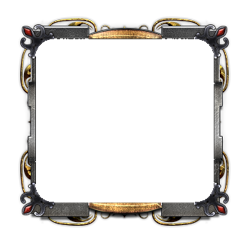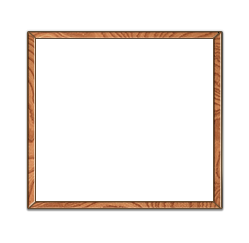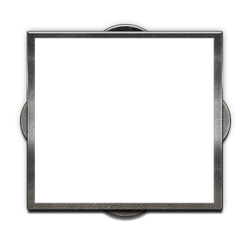If you're saying you want to be UI indicators for skills, that's a thing already, so the thread's pretty redundant. A number of skills (likely a large percentage of them) will have some unique method of manually toggling the UI to be able to figure out what's near you, appropriate to your skill level. When your character gets to a high enough skill, there will likely be more indicators to help point out what something is. However, it still requires manually being toggled, is likely to take your focus off things other than what you're looking for, and by the time your character is at the level where it can passively see anything related to its profession, you, as a player, have probably also learned how to identify the things you're looking for; conversely, if you, and thus your character, has never encountered what you're looking for, there's no reason your character would be able to point it out. Generally, player skill and input is what leads the character to improving faster, not the other way around. It's a win-more option, especially since SbS is aiming to do away with UI clutter, and thus not make UIs a crutch. They want player knowledge to be dominant so that real life knowledge translates better into the game. At best, anything UI-based is a supplement to the things you can already figure out.
That said, there's a difference between knowledge and skills (see the skill flower). Skills are primarily where player skill vs character skill comes in, but it's just impossible to prevent knowledge from being player-dominated unless you obfuscate and make everything look the same, and that's just not an enjoyable experience. Likewise, most of the time your character is only going to gain knowledge of something once it's performed it/read about it, but there are many times where a player can predict how to do something without character input.
A good example of knowledge is via animals. You, as a player, could know what an animal looks like, what it eats, what types of ways to trap it, and what location to trap it in. This can be spread online and there's not much you can do about it, except never spread it if you're the person to discover these methods. Whether your character can do it or not is up to the character skill. At the end of the day, character skill is the bottleneck. However, in most cases, there's not likely to be a high barrier for entry to be able to place a trap down, because otherwise you wouldn't be able to level trapping in the first place. Maybe there will be more difficult animals that require higher levels of skill to create traps for and place, etc, but at the end of the day the character skill is the bottleneck. The knowledge of how to do something can't be prevented once someone has the means and desire to spread it.
Compare that to mining. You can know what an ore looks like, in what situations the ore will form, what locations, and how you're supposed to mine it, but whether your character can harvest it or not is up to the character's skill level. For many types of ore, just whacking it with a pickaxe will do. But there's likely to be ore that takes more finesse. The character skill is still the bottleneck, the character knowledge is to supplement what you as a player can already figure out and have already experienced.
In short, obfuscation only goes so far; this is meant to be a game where real life knowledge translates heavily to in game knowledge, likely even when it comes to Elyria-unique entities. Character skill will often be a bottleneck, but knowledge will largely be player-focused, with any input the character provides (ie. the UI) being there to help you pick up the slack.
As for the stealth mechanics example, that's a case of character skill. Both the skill of the character identifying that someone is prowling around, but more the skill of the person doing the prowling and how they prevent being found out. The 'see through walls' mechanic is specific to this because it has to do with actually being able to use your senses. We were originally going to get a full sensory map, but the milestone wasn't reached in the Kickstarter. This just mimics that. You can't hear a rock, but you can hear people, so being able to potentially notice them through obstruction is meant to take into account all your senses. It's a very specific example that's different from other UI elements, as it's meant to mimic the sensory map.




